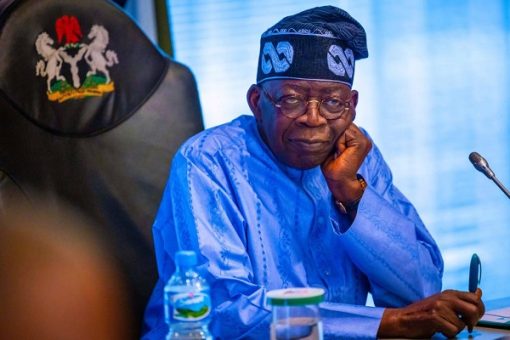The government of President Bola Ahmed Tinubu Wale Edun says that Nigeria has saved $20 billion from petrol subsidy removal and market-based pricing of the foreign exchange rate.
Wale Edun, minister of finance and coordinating minister of the economy spoke at a ceremony recently held to mark the first 100 days in office of Esther Walso-Jack, head of civil service of the federation, in Abuja.
“An amount of five per cent of GDP is what those two subsidies were costing when there was a subsidy on PMS; when there was petroleum product generally for a long time and when there was a subsidy of foreign exchange. Between them, they were costing five percent of GDP,” he said.
“If you say GDP was on average, let’s say $400 billion. We all know what five percent of that is – $20 billion of funds that could be going into infrastructure, health, social services, education
Edun said these flows now return into the government’s coffers for further deployment to the aforementioned sectors.
“The real change that has happened with the measures of Mr. President is that nobody can wake up and their target for the day or for the week or the month or the year is to get access to cheap funding, cheap funding exchange from central bank, which they can now flip,” Edun said.
“And overnight, they become wealthy from no value added for doing virtually nothing, except you know the right people. Similarly, they can no longer try and be part of a new peak market and very inefficient petrol subsidy regime as a way of making money overnight.”
This claim is in spite of economic difficulties currently ravaging the larger population of the country as revealed by the National Bureau of Statistics that households are now struggling to eat food in Nigeria.
Aside from the current economic hardship faced by most Nigerians, Nigeria is currently spending $3.5 billion to service other outstanding debts.
Nigeria’s total debt hit an all-time high to the tune of N136 trillion after the senate approved of the president to borrow N1.77 trillion.
It is noted that Nigeria’s total debt stood at N87.3 trillion when President Tinubu assumed office on May 29th, 2023.
By June 2024, the total public debt had hit N134 trillion, a whopping new borrowing totaling N46.7 trillion.
Nigeria recently achieved a milestone with its first-ever domestic dollar bond, which was oversubscribed by 180% in September. Initially aiming to raise $500 million, the government finally secured $900 million in commitments which translate to N1.5 trillion new borrowing which is yet to reflect on the Debt Management Office dashboard.
When computed, in addition to the new request, the present total borrowing in 19 months since assuming power comes to over N50 trillion.

